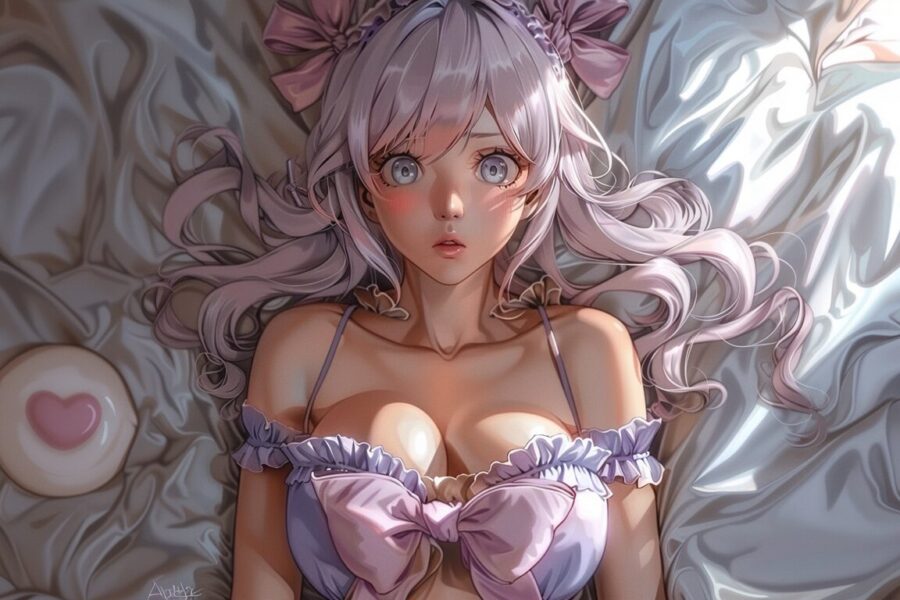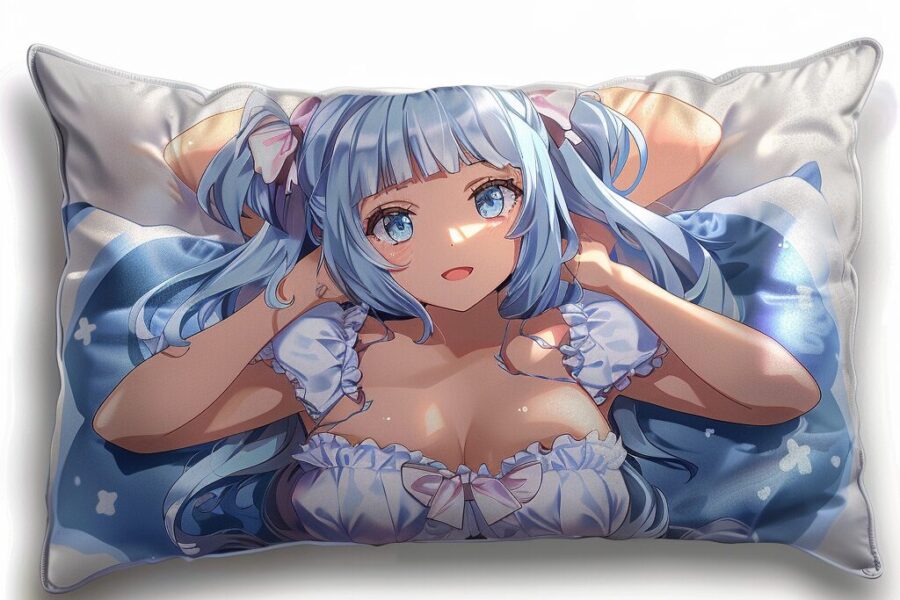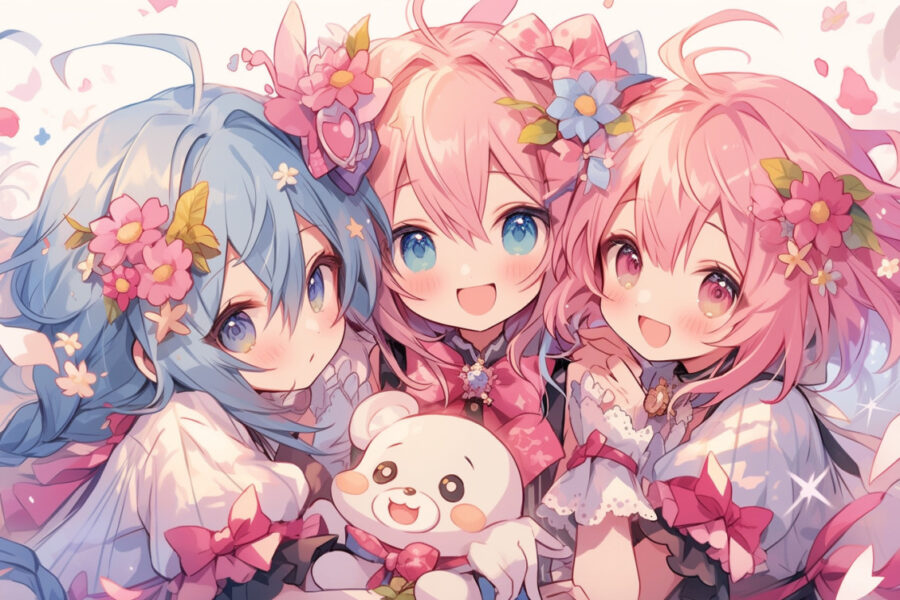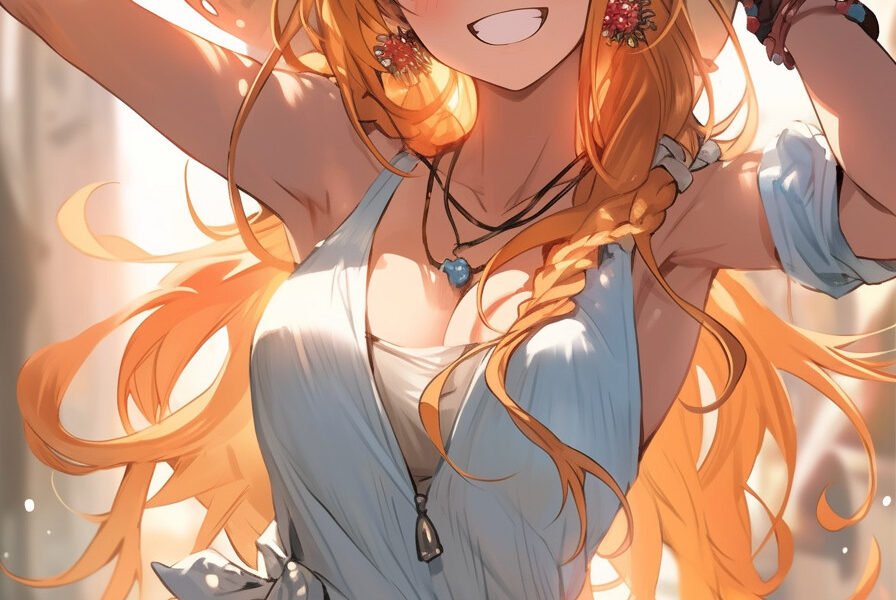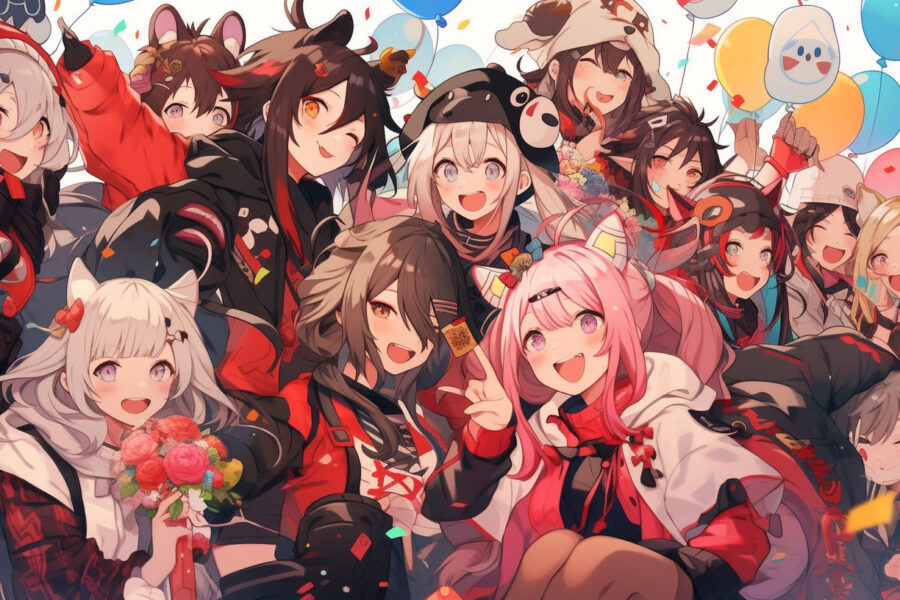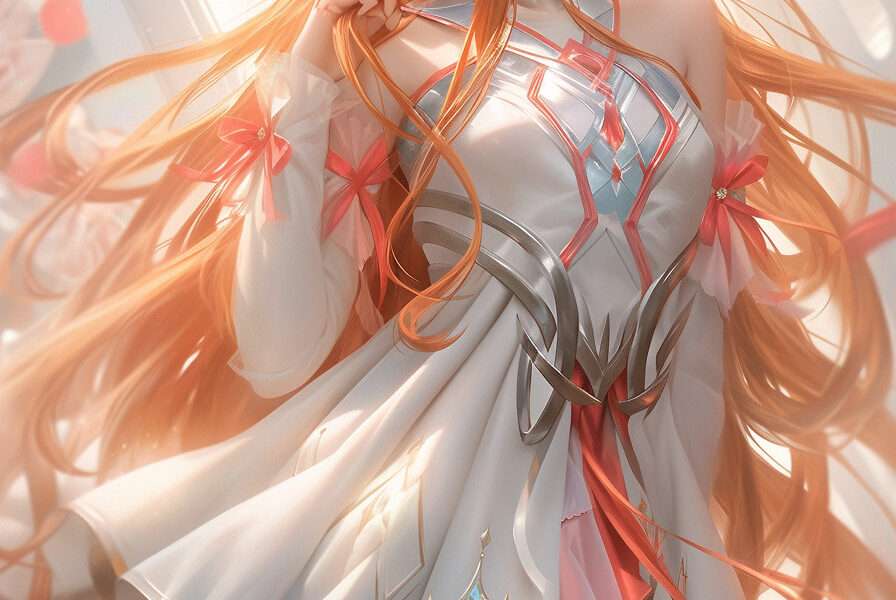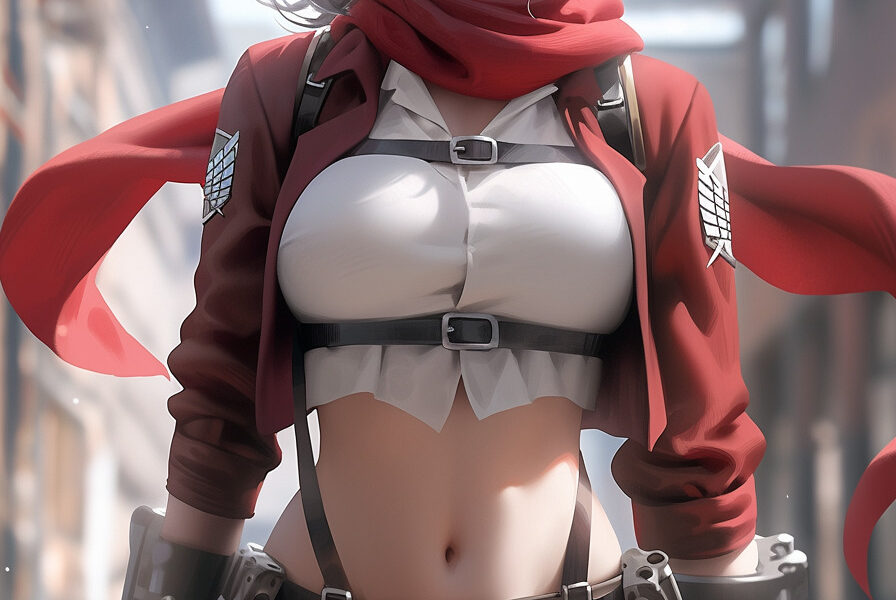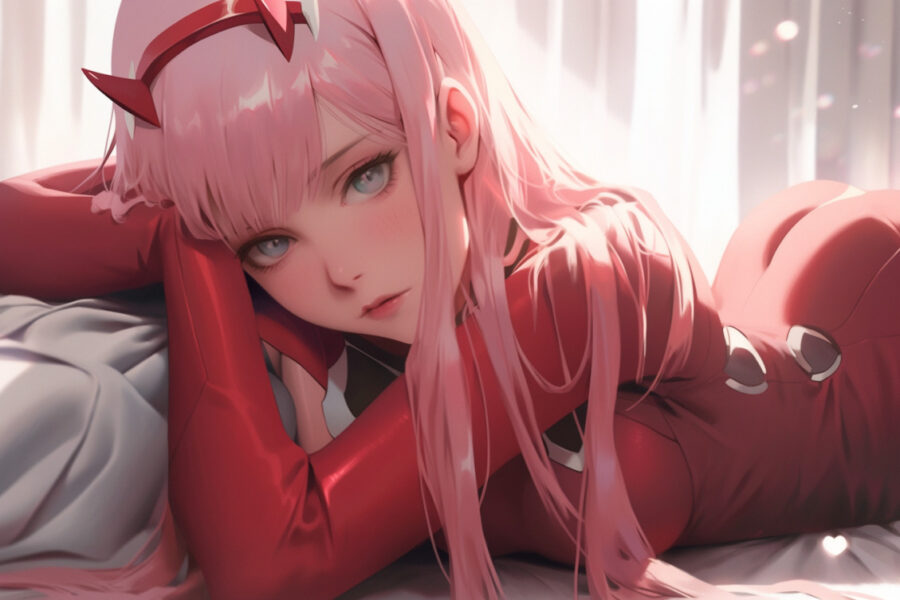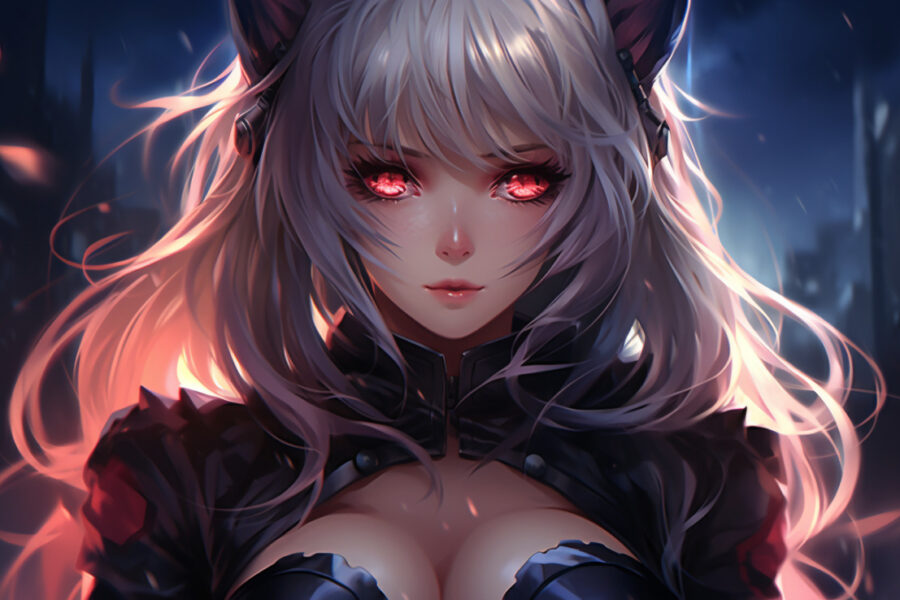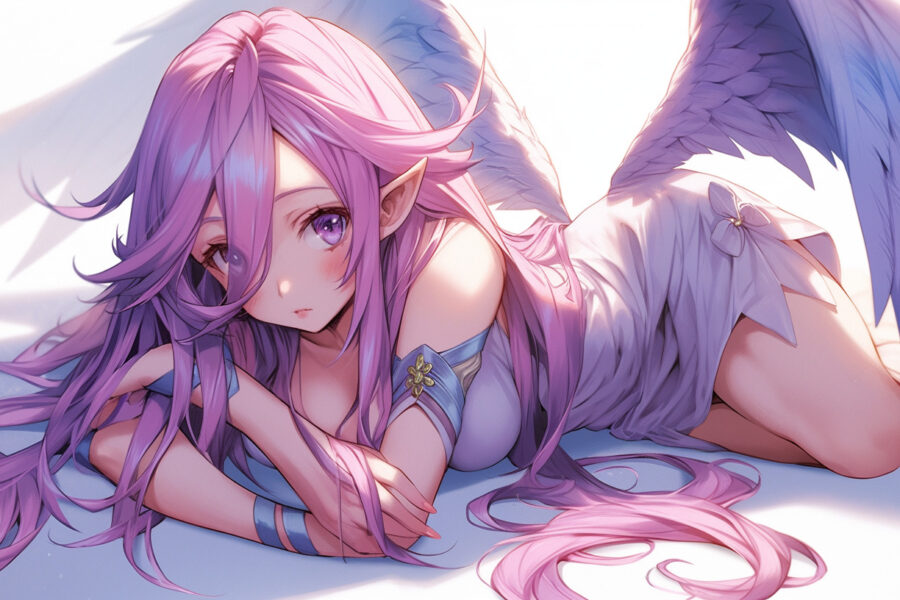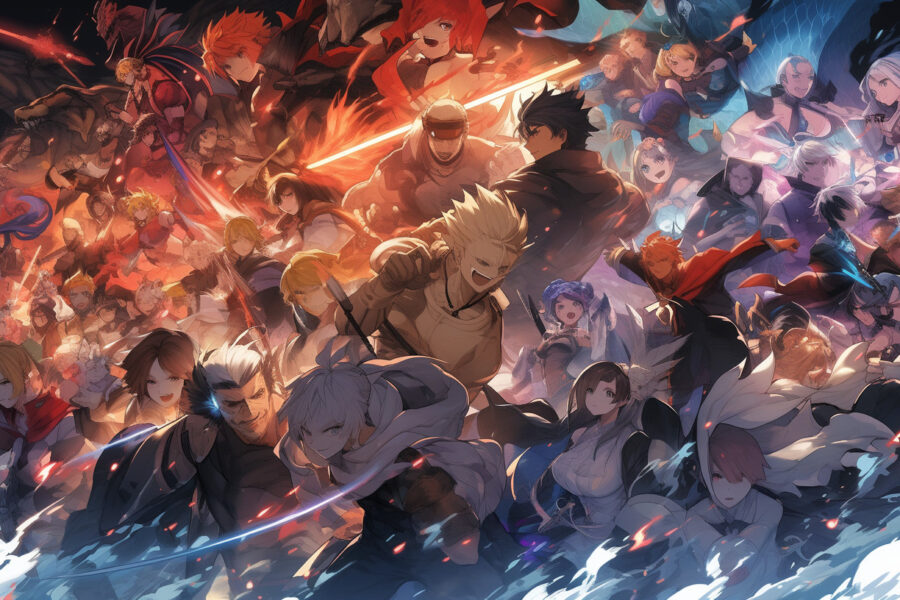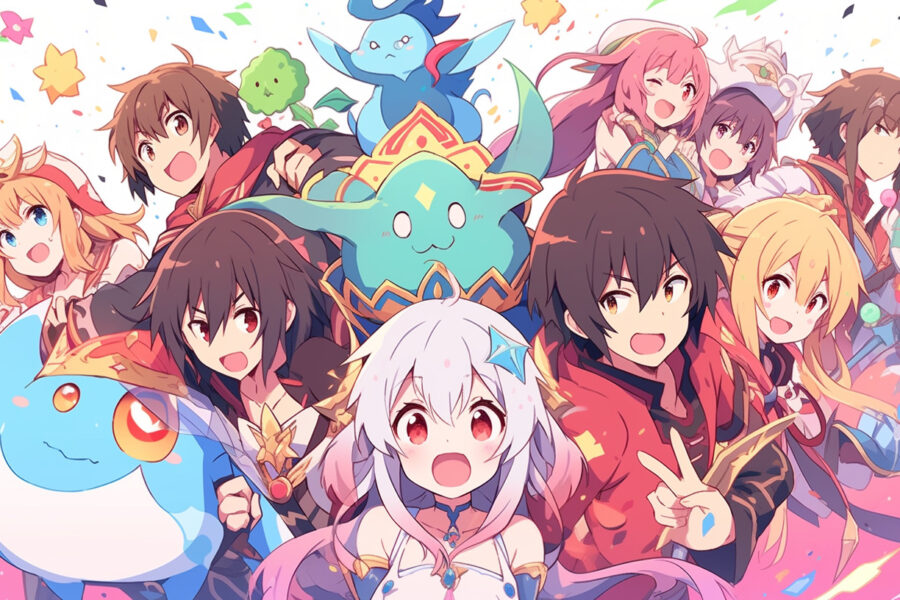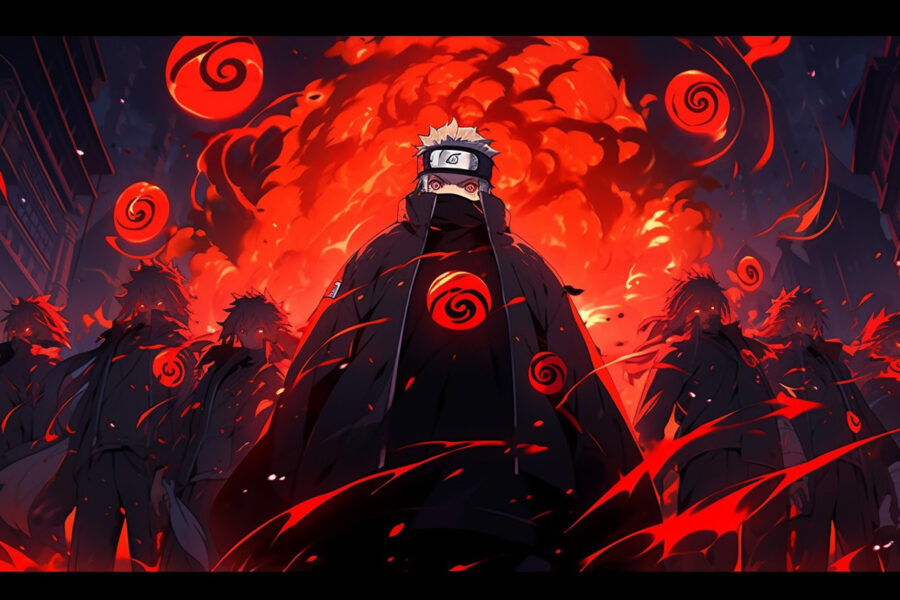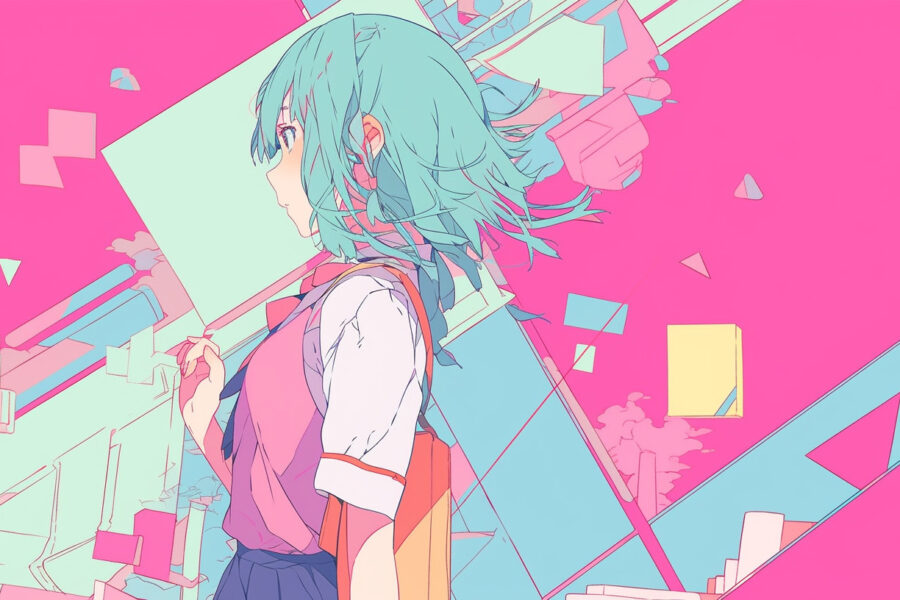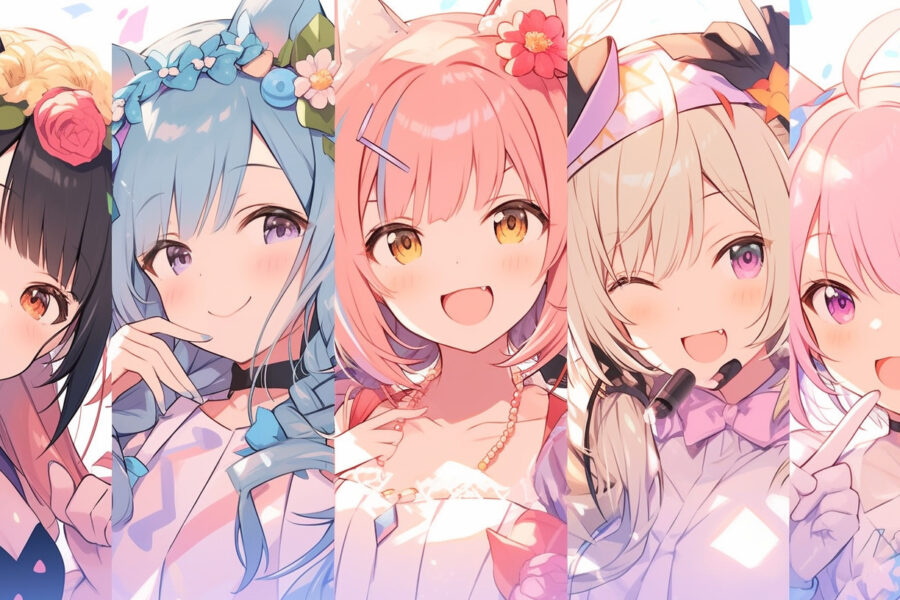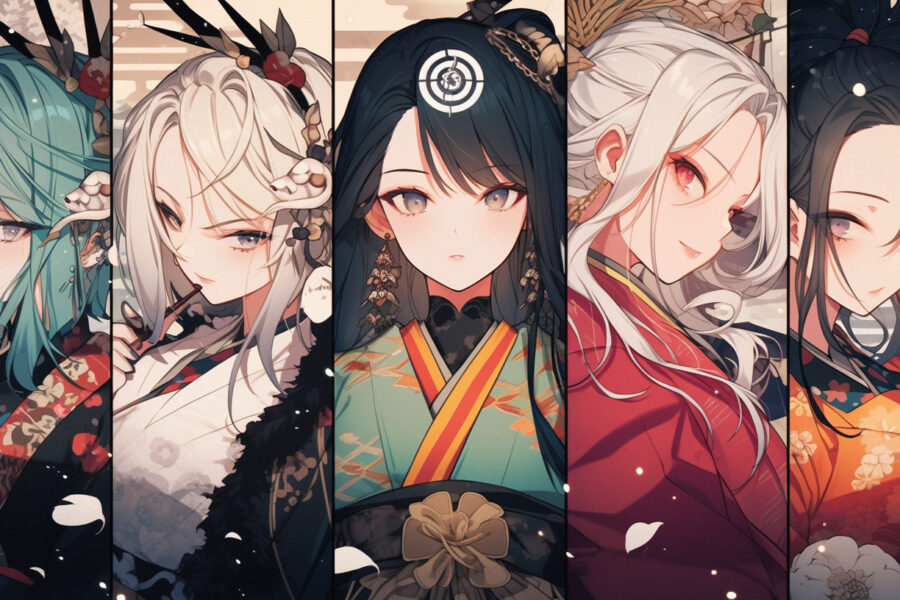Anime 鈥 it’s not just a genre, it’s a whole cultural phenomenon! But where did this journey begin? Just as the vibrant city of Tokyo is a captivating blend of…
Everything You Ever Wanted to Know About Anime: A Deep Dive into the World of Japanese Animation!
Your Dream Waifu Comes to Life: The Adorable World of Artificial Intelligence Waifus 頎柬几頎巾矕
Welcome to the sparkly, sometimes-silly, and always-entertaining universe of Artificial Intelligence Waifus. Imagine stepping into your favorite anime, where magical girls and heroic adventurers abound, but this time, one of…
The Ultimate Anime Body Pillow Collection (Dakimakura)
Ever dreamed of drifting off to sleep, nestled in the comforting embrace of your favorite anime character? UwU, fear not, fellow dreamers and anime enthusiasts! The enchanting universe of waifu…
AI Girlfriends: Find Your Digital Sweetheart 頎柬几頎巾矕
Ever dreamed of a companion who’s always there to text you good morning with a virtual cup of coffee? Or maybe someone who sends you heart emojis and funny memes…
NSFW meaning: Unveiling The Internet Slang That Shaped Digital Etiquette
We all know the internet is a vast, often wild space. And with its growth came the need for certain guidelines, informal though they may be. Enter “NSFW”, an abbreviation…
Best magical girl anime
Being a massive fan of magical girl anime, I’ve always been drawn to the enchanting transformation sequences, the camaraderie between characters, and, of course, the heart-pounding battles against evil. A…
Nami: The Navigator of One Piece – Everything You Need to Know
Nami is a central character in the anime and manga series “One Piece”. She is the navigator of the Straw Hat Pirates and one of the Senior Officers of the…
Asuna Yuuki: Unveiling the Sword Art Online’s Heartthrob
Introduction to the Character Asuna Yuuki, often known as Asuna, is a central character in the anime series “Sword Art Online.” She’s a strong, independent, and compassionate character who plays…
Mikasa Ackerman: The Unyielding Protector of Humanity from Attack on Titan
Mikasa Ackerman is a central character in the anime series “Attack on Titan.” She is renowned for her combat skills and unwavering loyalty to her friends, especially Eren Yeager, her…
Zero Two from Darling in the Franxx: A Detailed Character Study
Introduction Zero Two, the enigmatic and captivating heroine of the anime series “Darling in the Franxx,” has captured the hearts of many anime fans. With her unique design, intriguing backstory,…
Rem from Re: Zero: A Deep Dive into the Heart of Your Favorite Waifu!
Alright, here we go! Let’s dive into the world of Re:Zero and get to know one of its most beloved characters, Rem. Introduction to the Character Rem is a character…
From Meow to Wow: 10 Anime Cat Girls Who Clawed Their Way into Our Hearts!
Attention, anime lovers! Are you ready for an exciting feline-inspired adventure? If you’re intrigued by charming characters who flaunt their cat ears and tail with pride, then you’re in for…
Best girl from an original anime (according to Reddit)
We have our own opinion on the best anime waifus, but since Anime Bracket is running a “best anime girls” voting competition on Reddit we thought we’d share the results,…
Best new anime to watch in 2023
Alright, anime lovers, gather around! I’ve got some sizzling hot news for you. 2023 is looking to be an incredible year for anime, with a host of exciting new releases…
Emotional anime that will break your heart and make you cry
Anime. Ah, it’s been my steady companion through my ups and downs, much like a faithful old cat who knows when to curl up in my lap or spring into…
Slime Isekai: A Fantastical Adventure with a Slimy Twist
A Fantastical Adventure with a Slimy Twist Hey there, my fellow otakus! This is your anime-loving fashionista all the way from Tokyo, ready to dive into another anime series that…
Diving into the Enigmatic World of Akatsuki (Naruto)
Konnichiwa, anime fanatics! From the heart of Tokyo, I bring to you an insight into one of the most iconic organizations in the anime universe – the Akatsuki from “Naruto.”…
Embracing the Love for Karuta in “Chihayafuru”
Konnichiwa, it’s your Tokyo-based anime lover back again! Today, we’re delving into a series that’s stolen the hearts of countless fans around the world – “Chihayafuru”. What’s that? An anime…
Step Into the Quirky World of Monogatari Series
Hey, it’s your Tokyo-based anime fan here again! Buckle up, because today we’re diving into the eccentric world of the “Monogatari Series.” This anime series is like a rollercoaster ride,…
The Role of Bishoujo in Anime: More than Just Pretty Faces?
Bishoujo – The Allure of Beauty in Anime Anime, known for its broad range of character archetypes and visual styles, holds a special place for Bishoujo, or ‘beautiful girl’ characters….
The Rise of Manhwa: How Korean Comics Are Winning Over Otaku Hearts
Manhwa, More Than Just Korean Comics From the bustling streets of Seoul to the quiet corners of a digital bookstore, there’s a new wave of comics capturing the hearts of…

